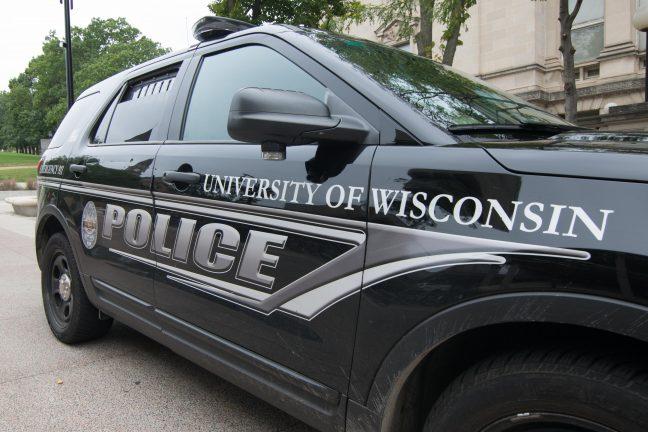Campus safety is a major concern of students, faculty and particularly parents of students on campus. Many students — myself included — have received concerned phone calls from home over the past few days in regard to the two assaults which took place on Langdon Street over the weekend.
In one instance, a Lyft driver sexually assaulted a woman after dropping her off at her apartment and gaining access to her house after asking to use her bathroom. In another chilling story, a man dragged a 19-year-old woman toward the lake, resulting in several injuries to her face and a trip to the hospital for the victim.
The University of Wisconsin urged students to use SAFEwalk and said that “generally speaking, our campus and community are safe.” Calling a campus and community “safe,” however, is subjective.
The UW 2018 Annual Security Report counted 55 criminal offenses occurring on campus property in 2017. The 2017 data also included 24 sexual assaults on campus, 15 of which occurred in student housing.
There’s no denying crime happens, but these numbers are concerning. SAFEwalk can only do so much, as its hours are from 7 p.m. to 1 a.m. from October to March and 8 p.m. to 1 a.m. April through September. Many students are out past 1 a.m., evidenced by both attacks over the weekend. The battery took place at 3:22 a.m., and the sexual assault occurred at 1:54 a.m.
For UW to cater to student needs, services such as SAFEwalk need to be available past 1 a.m. Furthermore, emergency phones need to be available in areas near Langdon Street, where a large number of students walk around late at night.
When it comes to sexual assault, there is such a long way to go. The university’s current program, “U Got This!” requires an online training program and an in-person programming within students’ first semester on campus. Programs such as these, however, focus on ways to avoid being victimized, rather than focusing on stopping sexual assault in the first place. Furthermore, the in-person programming is often presented as almost comical, in what appears to be a dangerous attempt to lighten the very serious subject of sexual assault.
Clearly, these programs are not working, as evidenced by the continuous stream of sexual assaults occurring on campus. Over half of 2017’s reported on-campus sexual assaults occurred in UW Housing, showing the program in place is not impacting students the way it should be. One must also take into account the number of sexual assaults that are likely going unreported every year, both on and off campus.
On other college campuses, like Penn State, the focus of sexual assault programs is on upperclassmen and teaching them how to intervene after recognizing behaviors that could lead to sexual assault. Juniors and seniors are also likely to influence younger students on campus, so the goal is to actually change college culture rather than forcing students to attend an in-person training they will likely not pay attention to.
The most frustrating part about campus safety is what essentially results in officials informing students on ways to avoid being a victim rather than how the university is going to keep students safe. It seems after every major crime, UWPD and the university administration remind students to use SAFEWalk, take buses, avoid walking alone and be aware of their surroundings.
SAFEWalk, however, is only available until 1 a.m. and the bus system is often unreliable. In many well-populated areas, such as Langdon Street, emergency phones are nowhere to be found. Telling students to “be aware” is not good enough.
Police arrest suspect in Langdon Street sexual assault early Sunday morning
SAFEWalk or a similar program needs to be available throughout the night, and emergency phones should have more of a presence on and off campus. Additionally, sexual assault needs to be dealt with more seriously and comprehensively. Overall, rather than offer ways to avoid becoming a victim, more proactive measures need to be taken to keep UW students and the Madison community safe.
Courtney Degen (cdegen@wisc.edu) is a sophomore majoring in political science and journalism.


